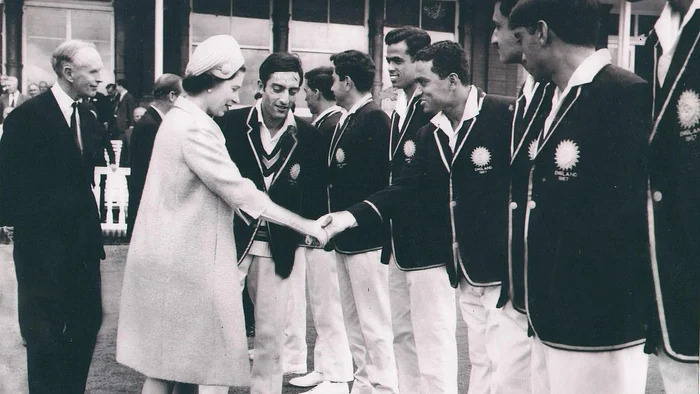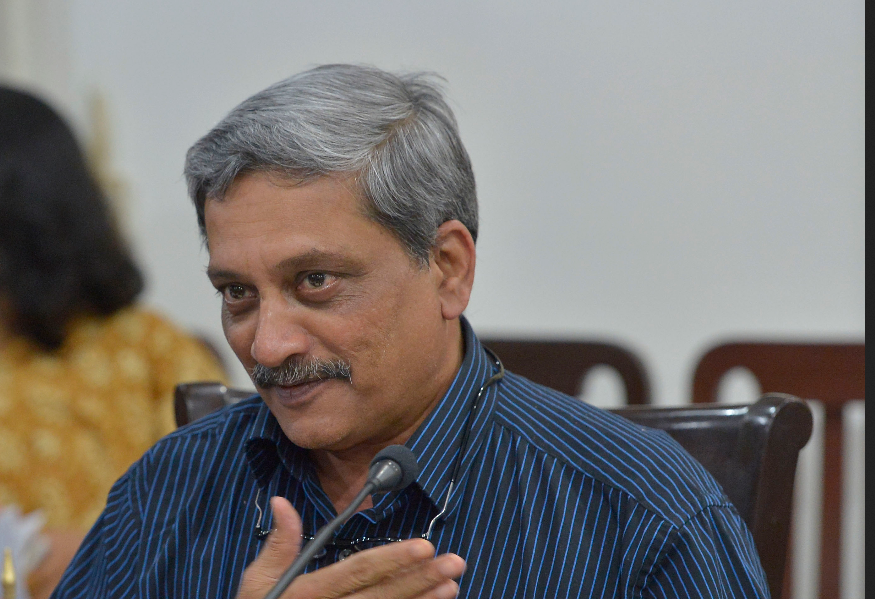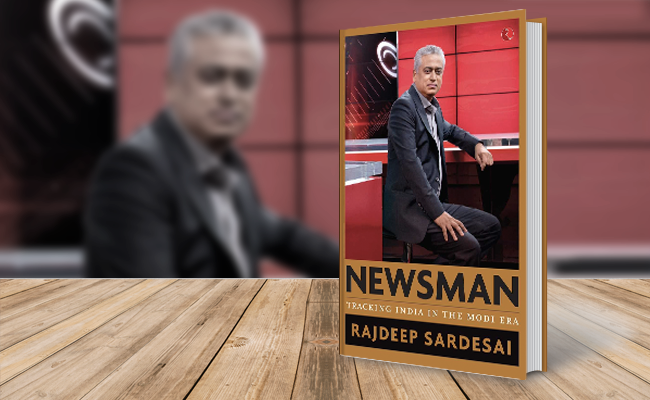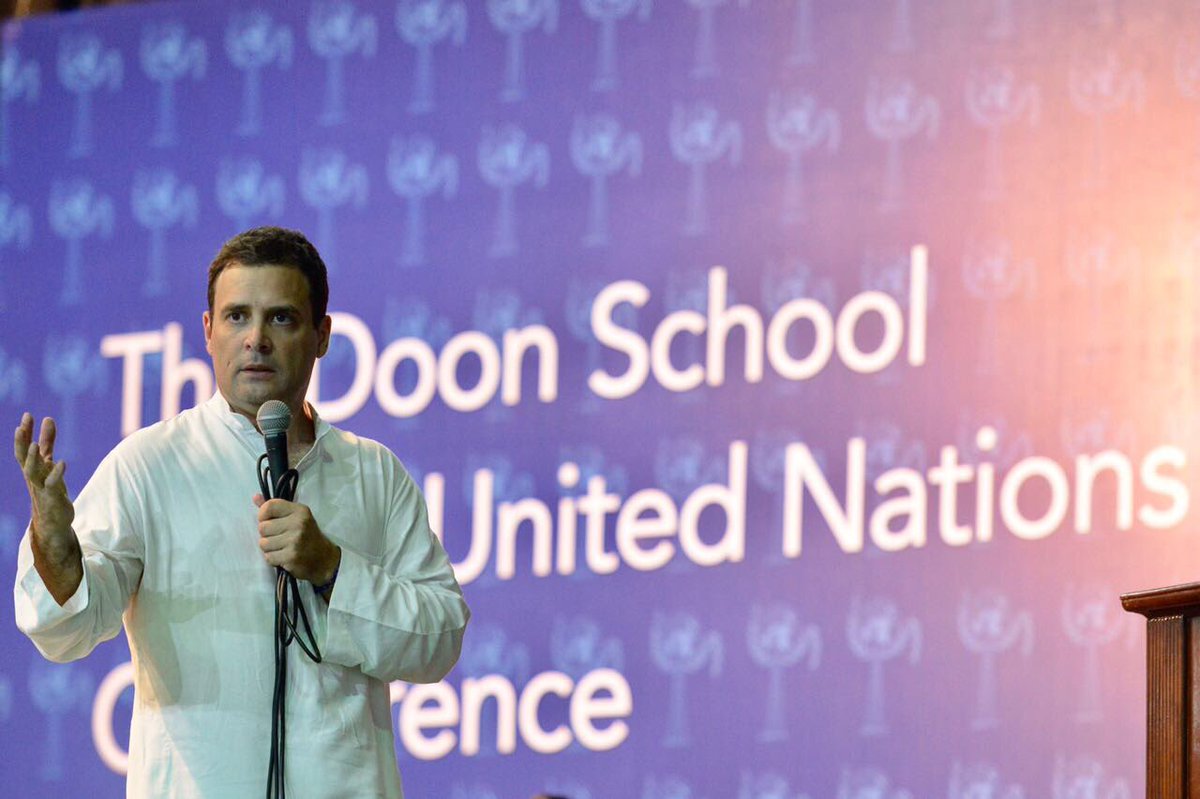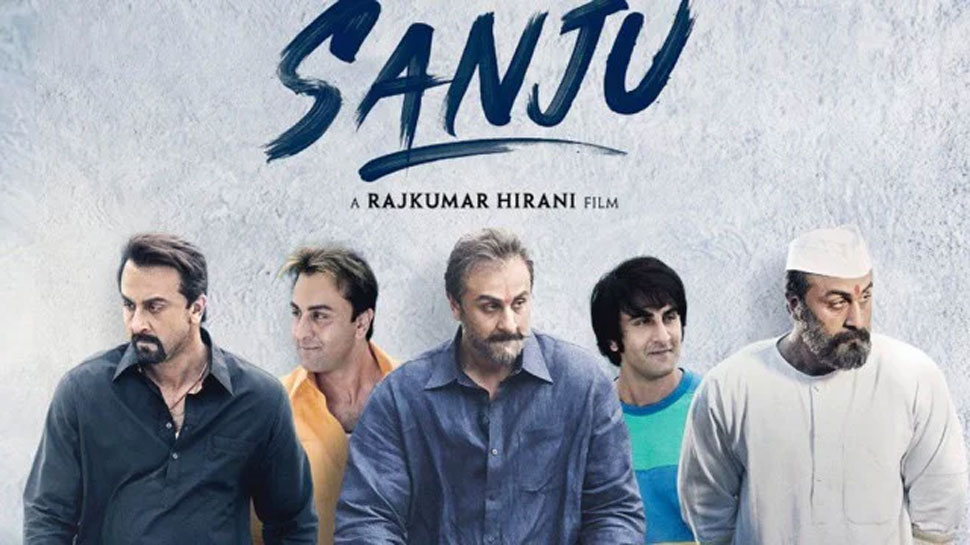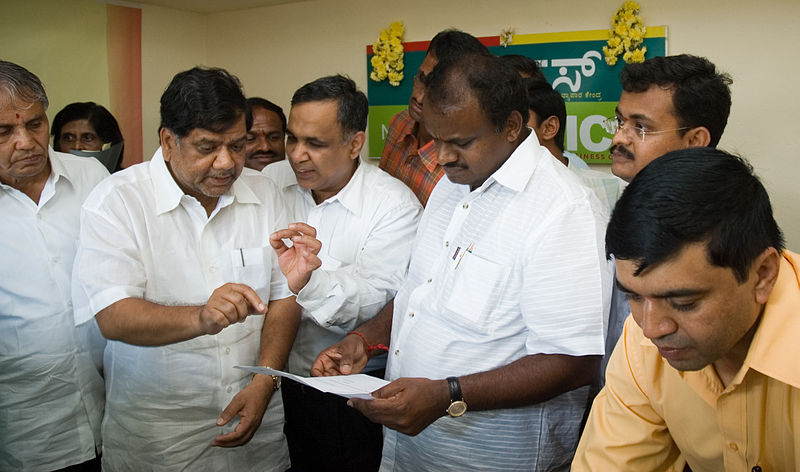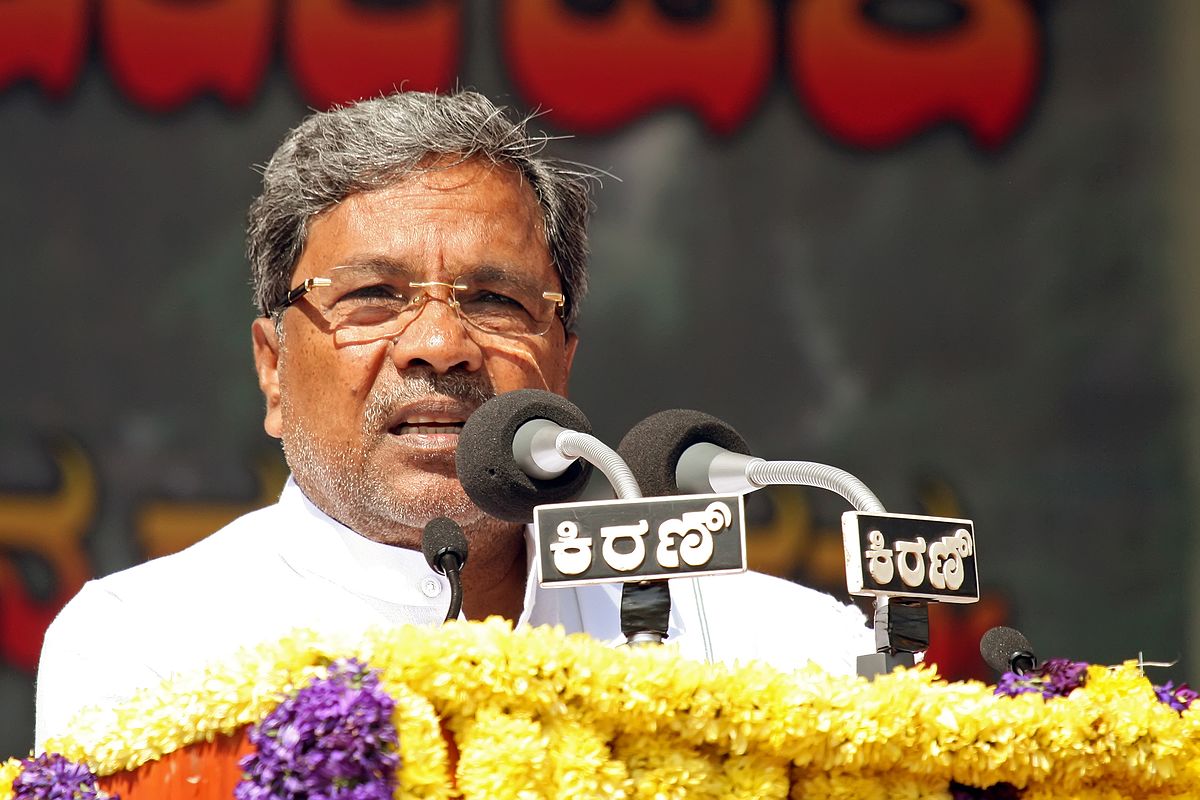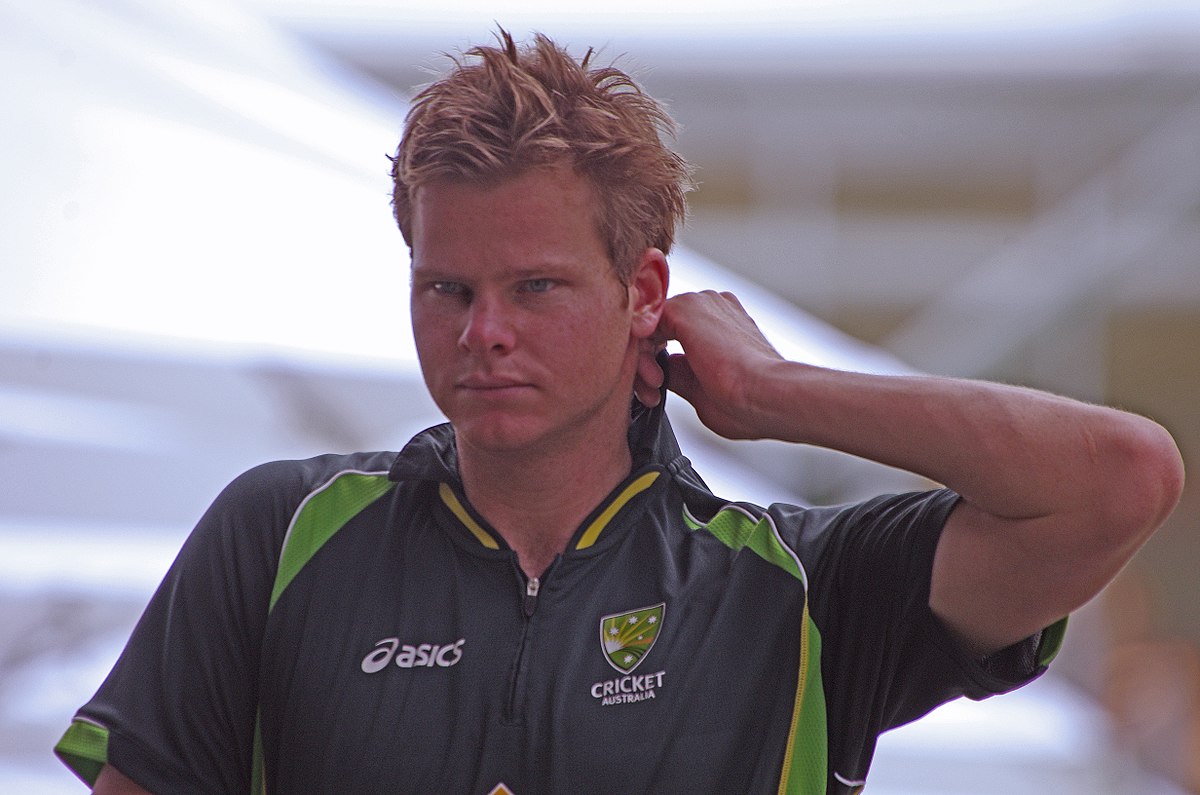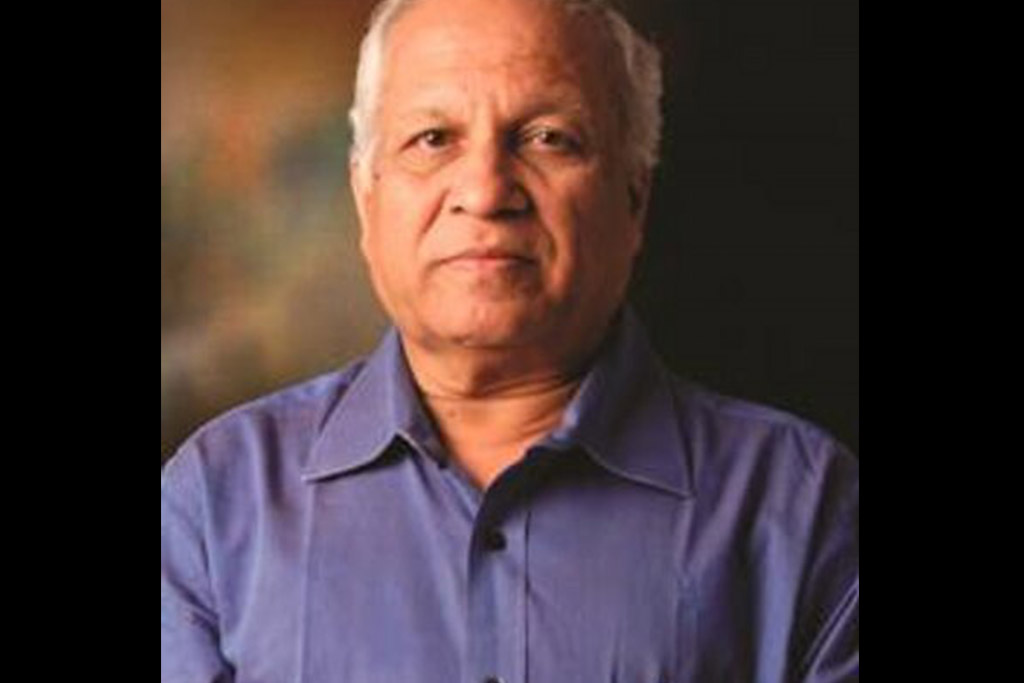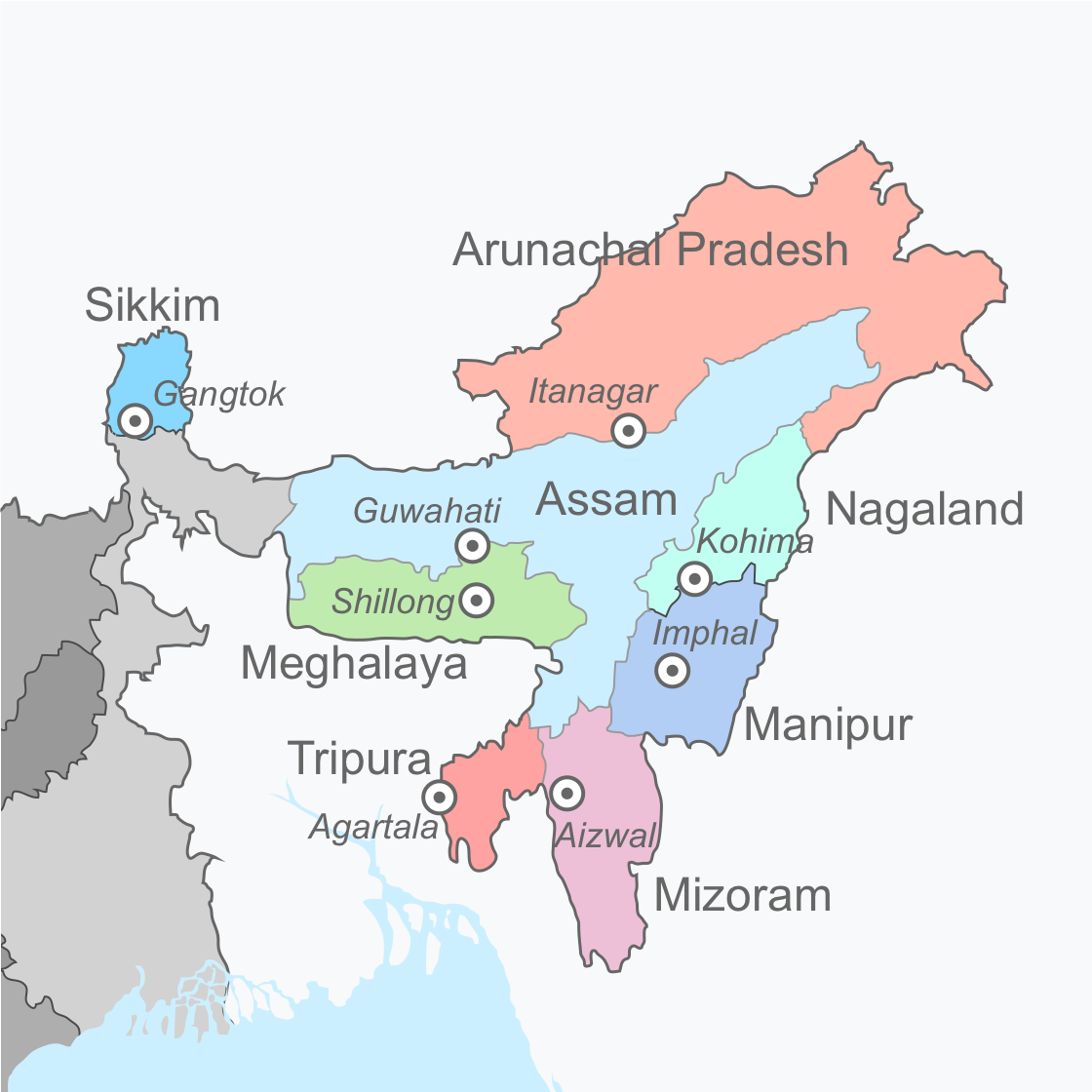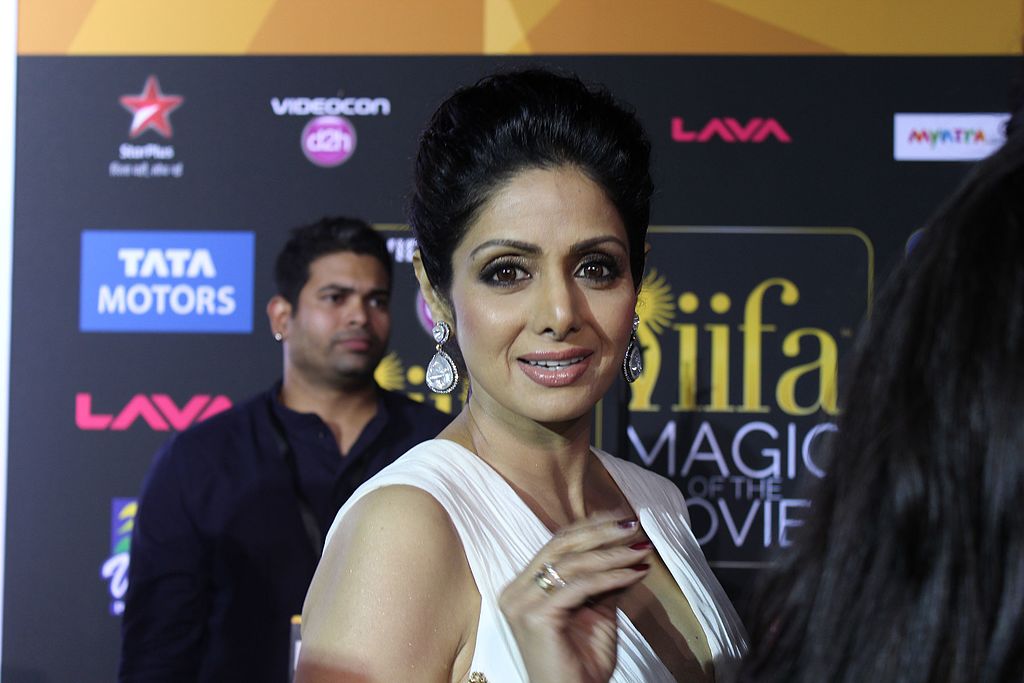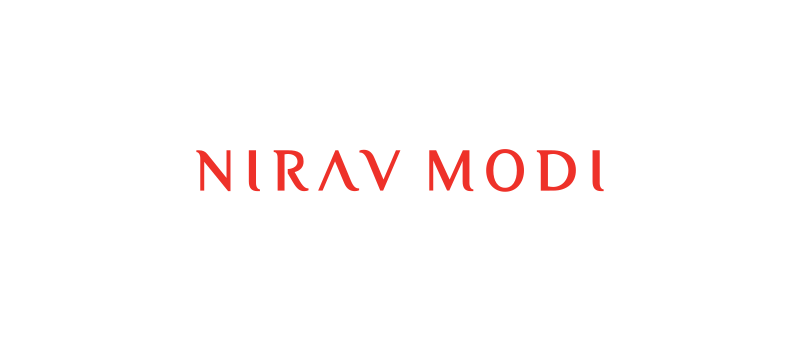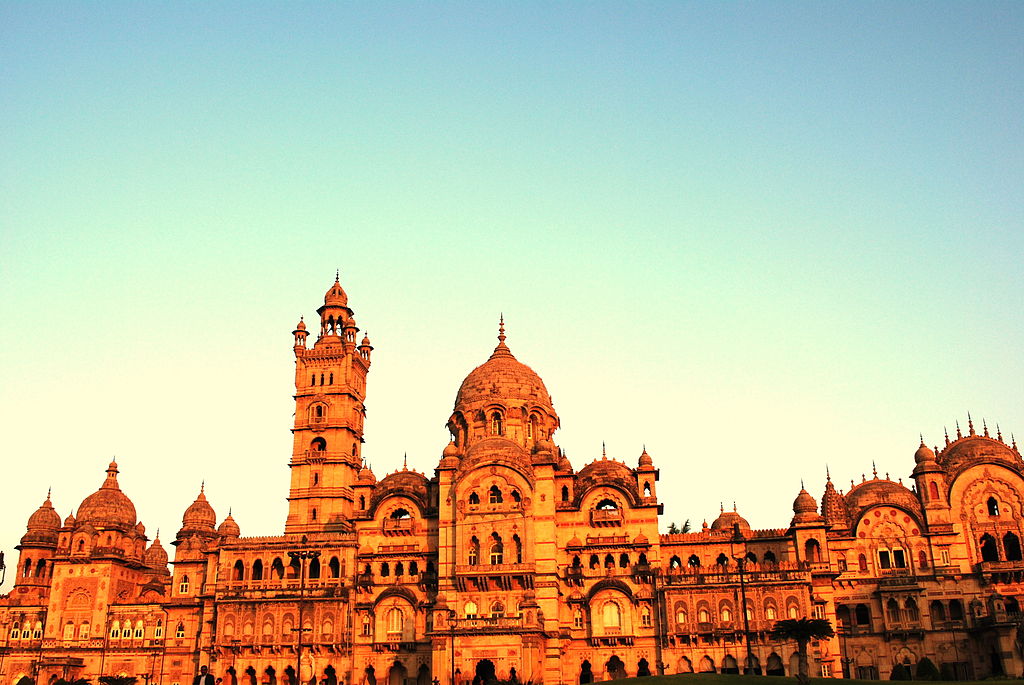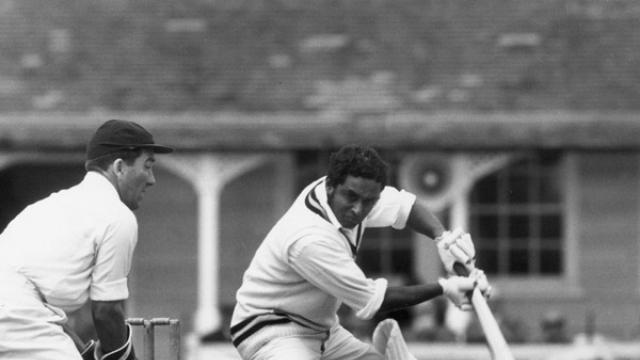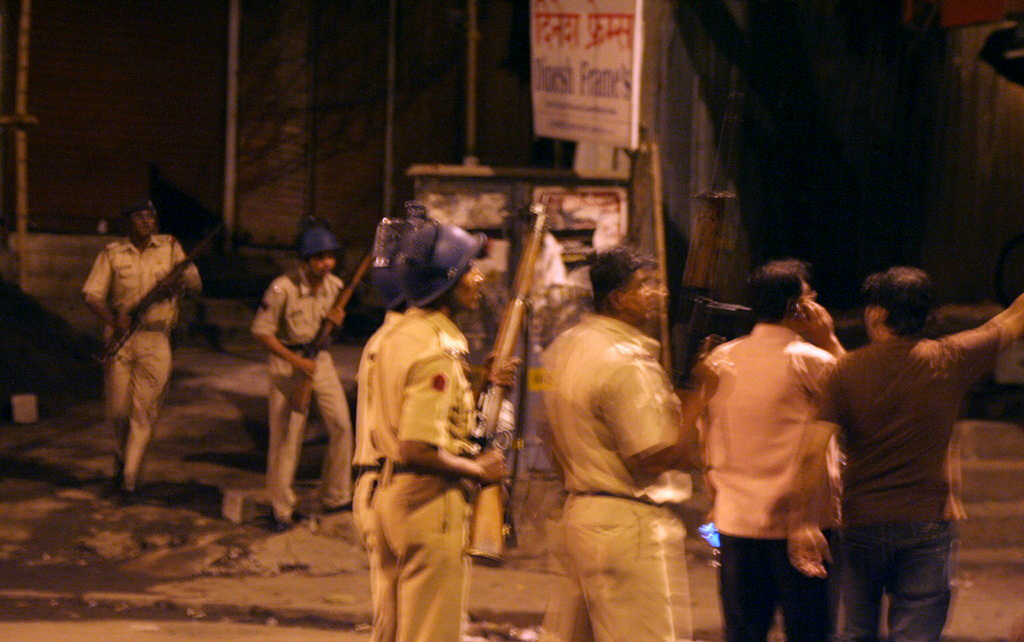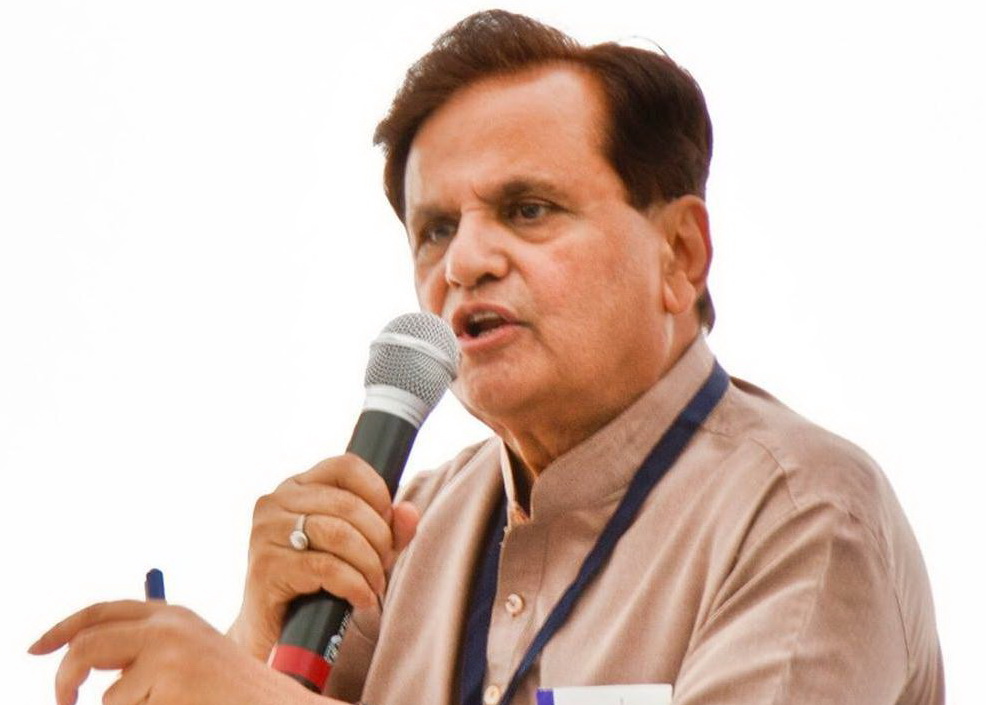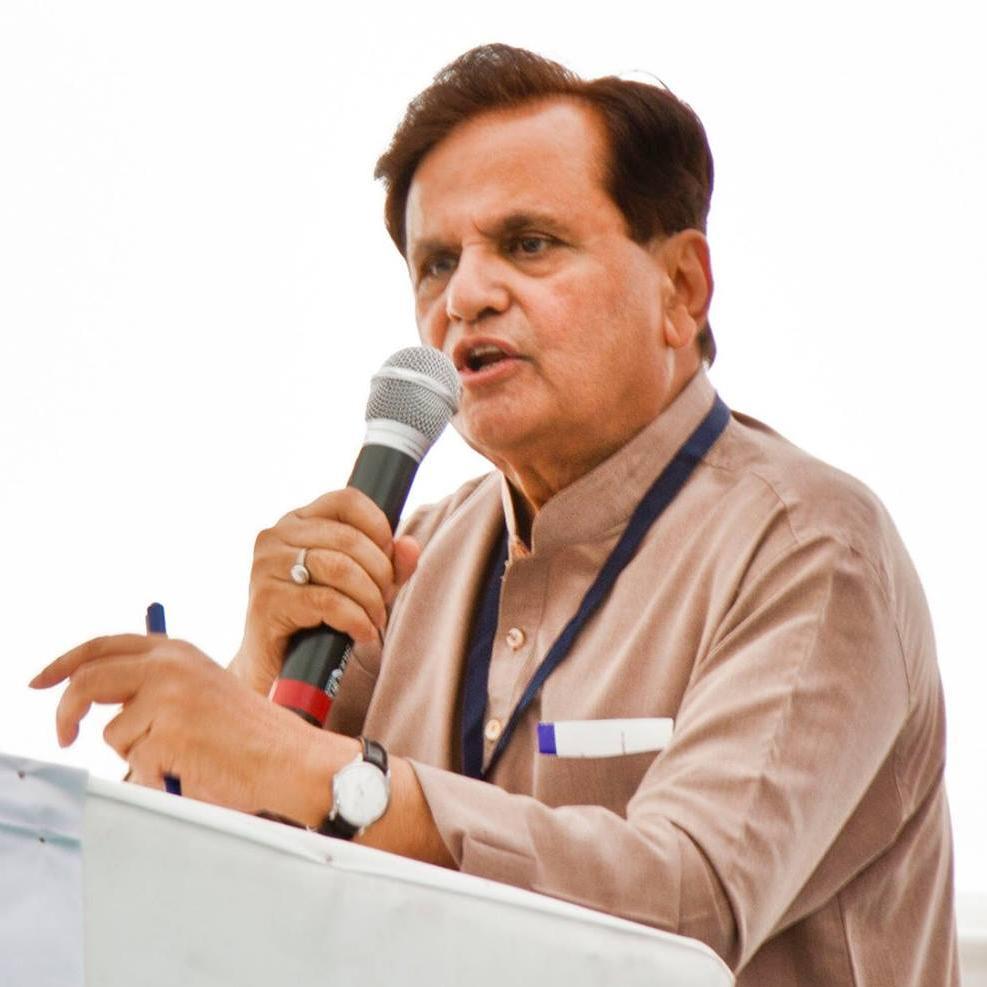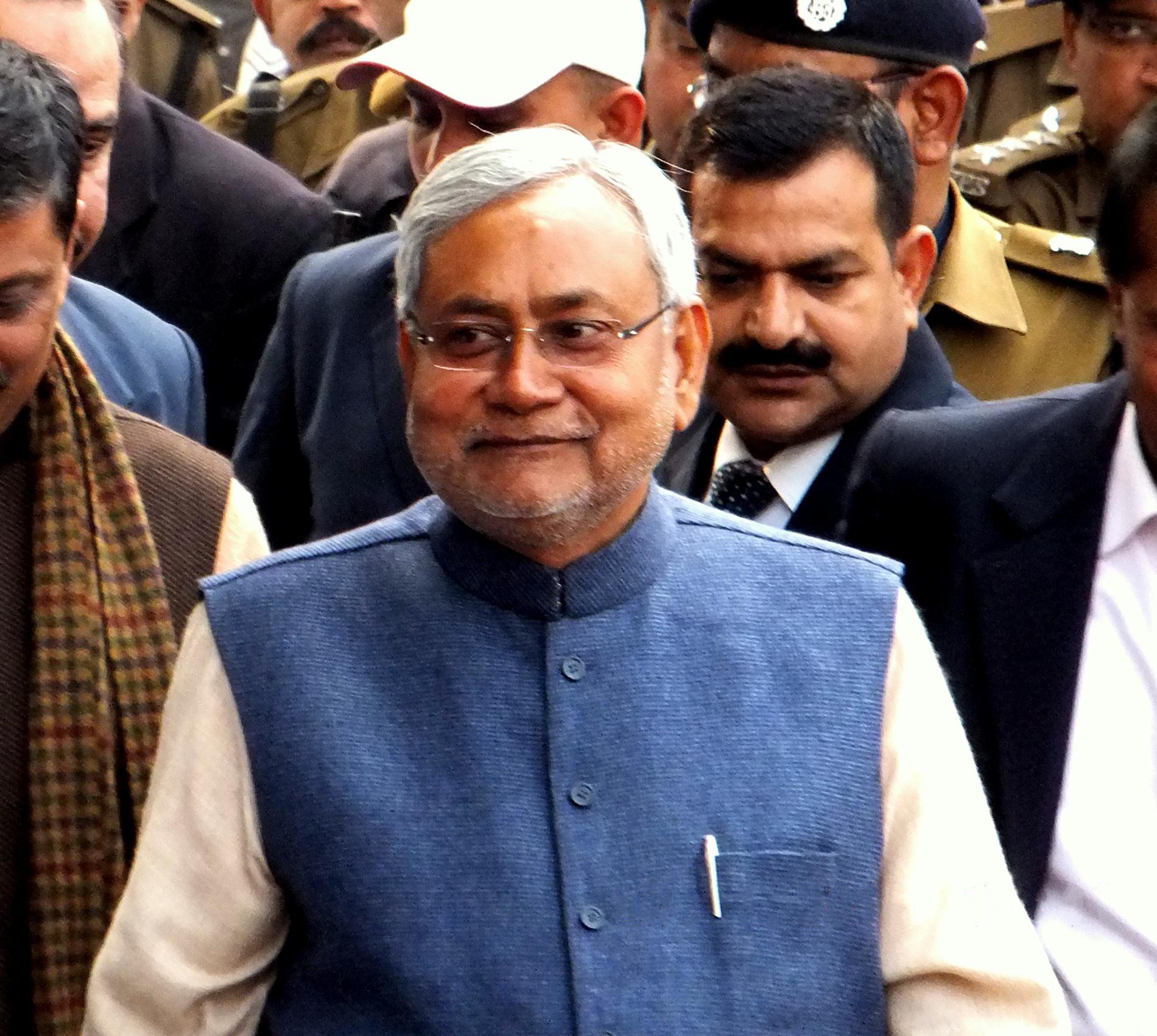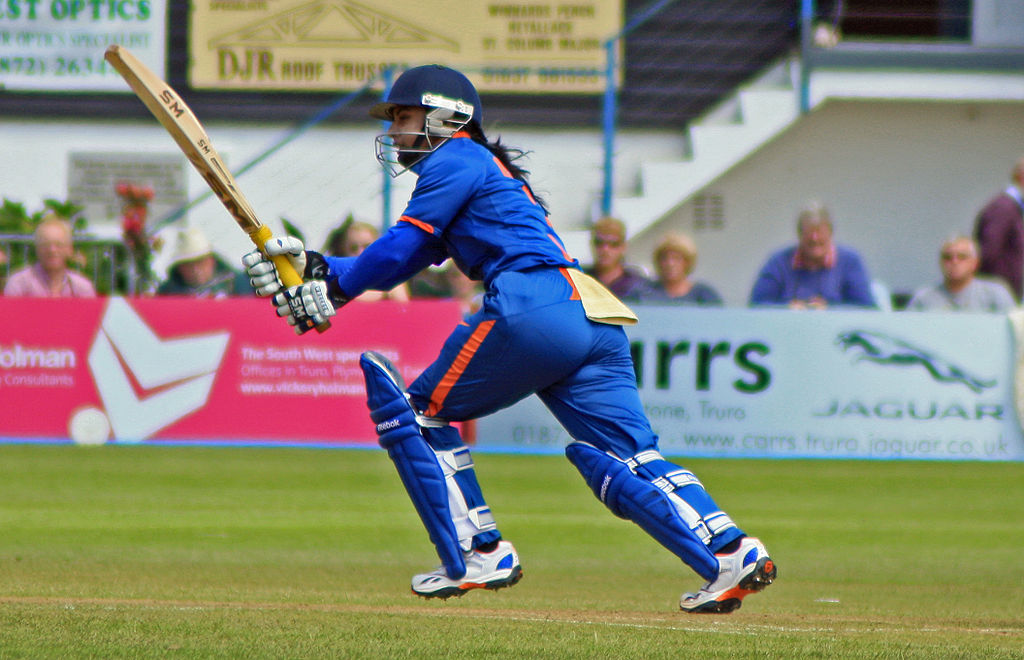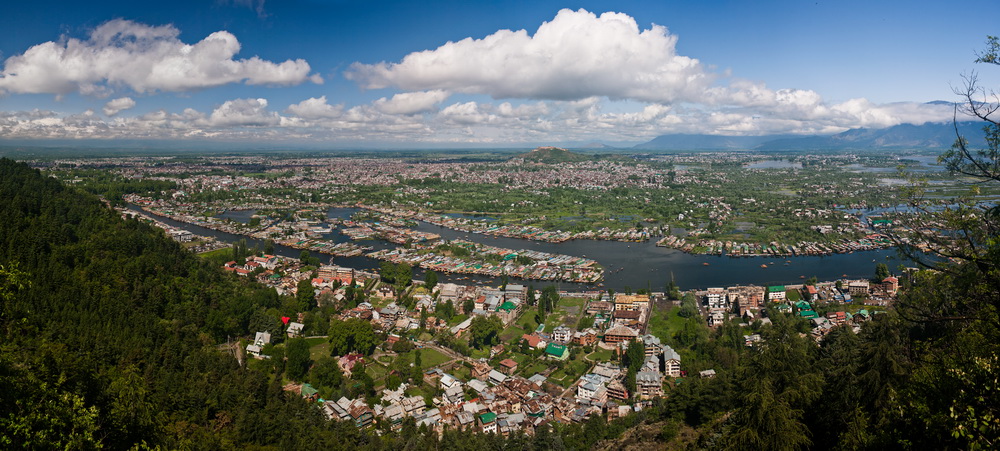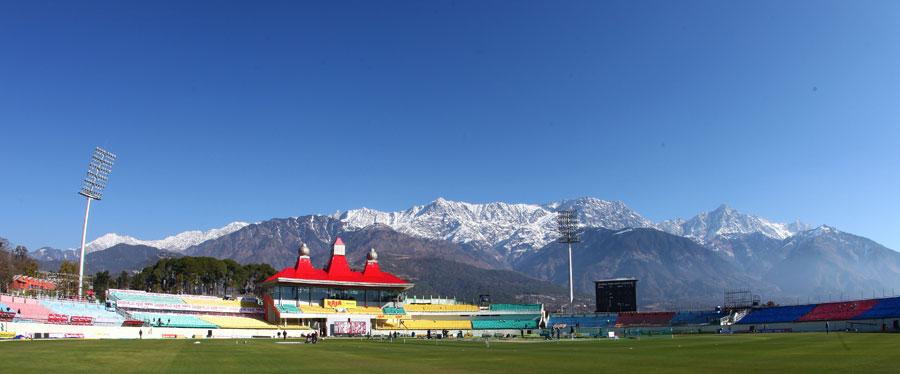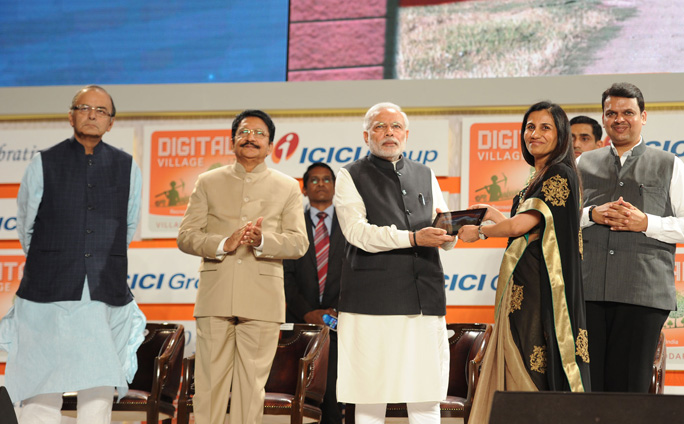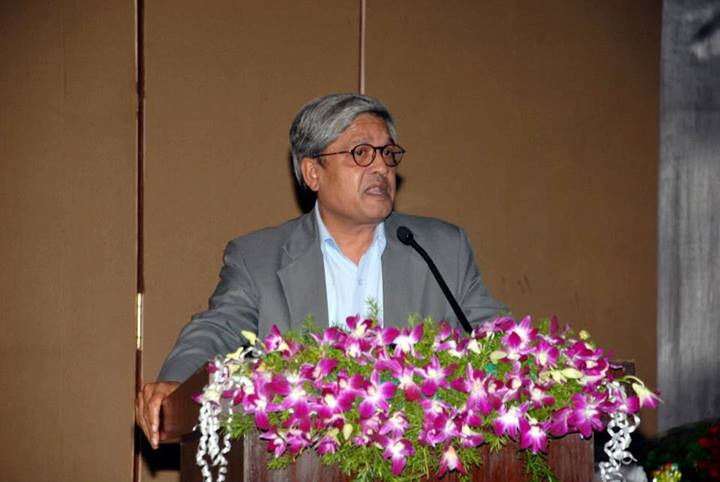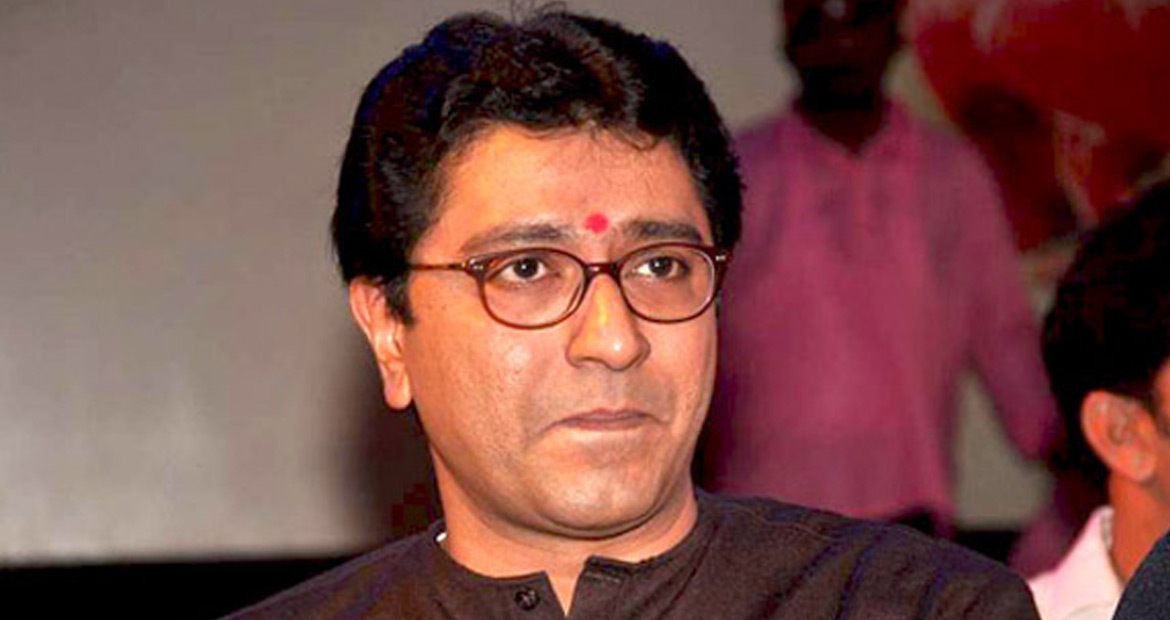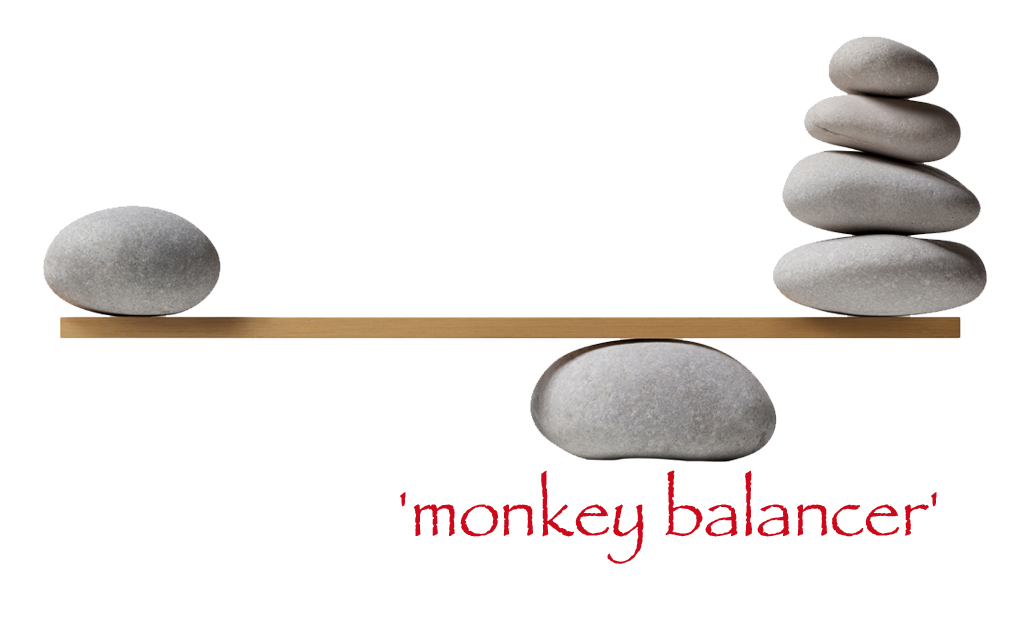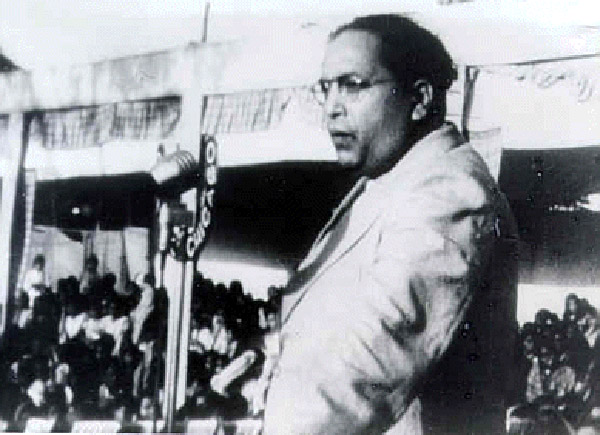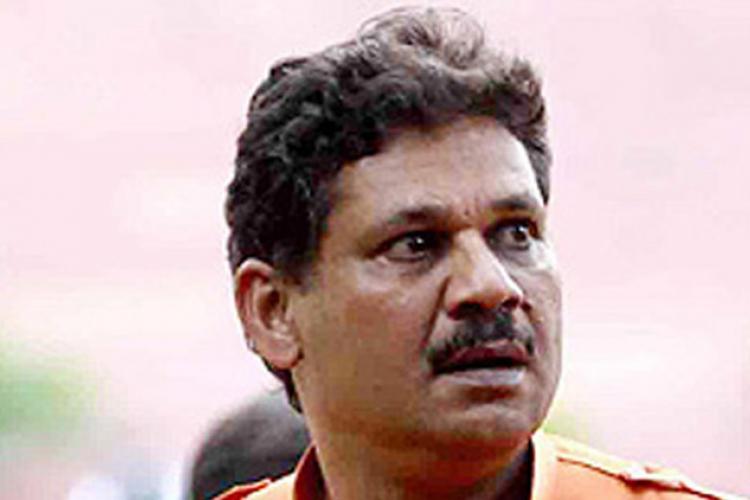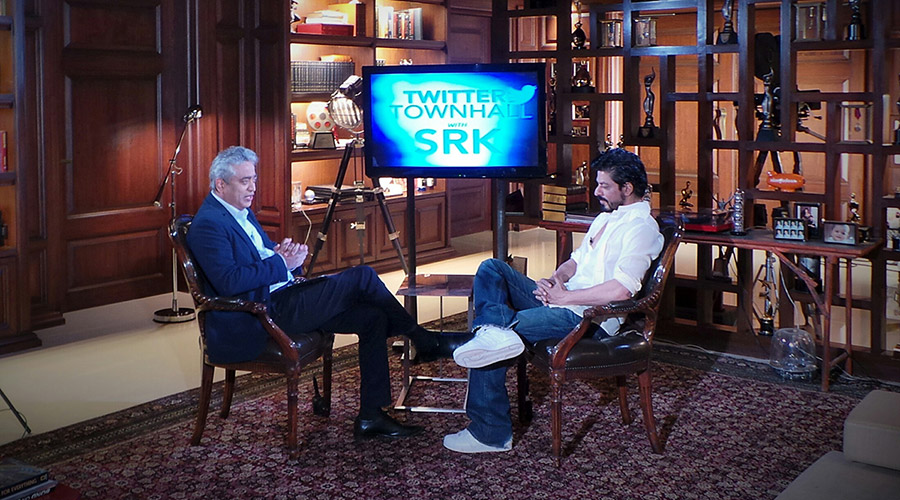In the world we live in, where nuance has little space, and where the news and instant opinion is polarised in black and white terms, I am dubbed, for better or worse, a Narendra Modi critic when all I am is a journalist in the trenches observing the unfolding events before me. I guess the fact that I covered the 2002 riots and its aftermath in Gujarat have left me stamped for life as a journalist who is a permanent Modi baiter. After all, like it or not, Gujarat 2002 was Modi’s darkest hour and the fact that the chief minister was unable to rein in the rioters, a majority of whom owed allegiance to the wider sangh parivar to which Mr Modi belongs, will go down as a black mark in his political career.
But this is May 2017 and not February 2002 and it is futile to stay frozen in the past. The Hindu Hriday Samrat is now the political ‘visionary’ and the most popular leader in the country by some distance, a dream merchant who sells a billion dreams. To his critics, he remains a political Machiavelli, but to his admirers, he is now a ‘karmayogi’ who is driving the country into fast forward mode. Typically, I do not wish to fall into the camp of either the cheerleaders or the demonisers. Purely as an observer of national politics, I will choose to assess Mr Modi’s three years in power on five parameters: political messaging, leadership, reformist ideas, actual implementation and future vision. And since we are in exam results season, I will give my grades too.
Political messaging: I believe Mr Modi deserves an A plus. No prime minister since Nehru has been a more effective communicator. He has used every fora available, every medium, to send out a strong message of change and positive energy. From using an Independence Day speech to speak on toilets and sanitation to using his Mann ki Baat on radio to address aam aadmi issues like women’s safety, drinking water and even exam pressure, this is a prime minister who is able to talk directly and effectively to a vast majority of people who are looking for a leader who can motivate and inspire. In particular, he has shown a remarkably ability to connect with the young and to capture the spirits of an aspirational India on the move. His energy is infectious as is his constant optimistic tone, one reason why he was able to sell demonetisation so well. And one reason also why a number of Indians still trust him more than any other leader: in the age of communication, Mr Modi’s perception management has been brilliant.
Leadership: here I choose to give the prime minister a B. While the prime minister has done remarkably well to stay away from scams and deserves credit for being untouched by the taint of corruption and even acting on occasion against cronyism, there is still a sense of hubris and narcissism that appears to guide his public conduct. While he has shown himself to be a risk taker, there is still an excessive focus on the individual and less on the institutional correctives needed to fix the system. A leader must act decisively, and the prime minister has shown the capacity to do so on more than one occasion, but he must also show humility and compassion, which has been less visible (demonetisation and farm suicides being good examples). Why haven’t I seen the prime minister meet with farmers in agrarian distressed zones to understand their plight? Yes, there has been a conscious and creative attempt to move away from the suit book ki sarkar image in the last two years, but the alternate pro poor image seems at times contrived and unnatural. The lasting image is even now of a remote, authoritarian figure, not of a touchy-feely leader who shares his emotions with the people easily or is willing to have an open dialogue with alternative viewpoints. It is one reason perhaps why a Vajpayee was able to reach out to Kashmiris with his ‘insaniyat’ appeal where Modi appears to have stalled. Here, he could learn a lesson or two from Indira Gandhi who even in her more dictatorial moods, never lost the human touch. The lack of empathy is a major negative for a leader of a country where more than 25 million people still reside below the poverty line. Moreover, in a plural country like India, I expect the prime minister to speak for ‘all’ Indians: why don’t I see him reach out to any family which has suffered a murderous assault from cow vigilantes or from targeted community violence?
Reformist ideas: here, I believe the prime minister deserves an A. Few governments have moved so pro actively to push ahead with legislative reform, be it the GST, FDI in pension, defence and insurance, a major bankruptcy law, power reforms, transparent auctions in natural resources, this is a workaholic prime minister who has tried hard to keep pace with changing times. Even where he has been blocked by the opposition in the Rajya Sabha, as in the case of Aadhar, he has chosen to make it a money bill and push it through. Some of the reforms have been a continuum from the previous government and he has benefitted from not being hobbled by coalition pressures, but let’s not deny the prime minister credit for his reformist pitch. This does not make him a Thatcher-like figure who will dismantle the state apparatus overnight with big ticket reform but Mr Modi has consciously tailored incremental reform with political realities and this must be seen as a strength. Yes, there is a danger of too much centralisation in reformist urges, of being disdainful of his opposition, but GST is a good example of a prime minister who is a quick learner and can be accommodative when required .
Implementation: this is where the jury is out and which is why I cautiously give the prime minister a B plus. Yes, much progress has been made in key areas of infrastructural growth like power and roads, in ensuring better targeted subsidies, while programmes like the Ujjwala yojana have had genuine impact on the ground in improving the lives of ordinary Indians and yet, there is a distinct sense that the promise doesn’t always match performance. Nowhere is this more apparent than in the promise of creating 5 crore new jobs in five years. Despite the valiant attempt to set up skill centres and robust slogans like make in India, there is still much that remains unfinished. Blame it on stretched bank assets or the global economic scenario, the fact is that private investment remains sluggish and job creation remains a challenge. While high end corruption may be controlled, there is little sign of petty corruption being reduced. For all talk of digitisation as an enabler, bureaucratic red tapism is a daily struggle for many Indians. And yes, we could still do with less government and more governance.
Future vision: here I give Mr Modi a B minus. I do believe that Mr Modi gets a sense of the big economic picture, the need to create a high growth economy that drives the country forward. He has seen where the barriers to growth are and appears to be working earnestly to remove them. His digital vision is also far-sighted. But technology and physical infrastructure alone wont make a country strong and resilient. Where is the rapid investment in Human Resources, in health and education and particular? Or in addressing environment concerns? Where is the sustained effort to improve the quality of justice delivery systems, to strengthen institutions of accountability like RTI, to ensure the best people are appointed to the leading institutes in the country? And what is the strategic vision when it comes to dealing with Pakistan and China in the region?
But what is most troubling is the prime minister’s long silences whenever the lunatic fringe in his party hits the streets. A leader’s vision of ‘sabka saath, sabka vikas’ cannot remain a catchy slogan, it must acquire flesh and blood by a conscious attempt to address the fears and concerns of minority groups. And allow dissent without it being dubbed as ‘anti national’. We cannot have the promise of an inclusive state but face the reality of a majoritarian one. Economic growth without social cohesion is not the India of my dreams I am afraid. That to my mind is the prime minister’s big unfinished agenda as he moves towards 2019 and one reason I was almost tempted to give him a C here. Overall, let’s just say this: Mr Modi has exceeded expectations in some areas, fallen short in others. His supporters will spike his marks, his detractors will push them down. I prefer to sit on the fence and wait till 2019 to pronounce a final overall mark!


